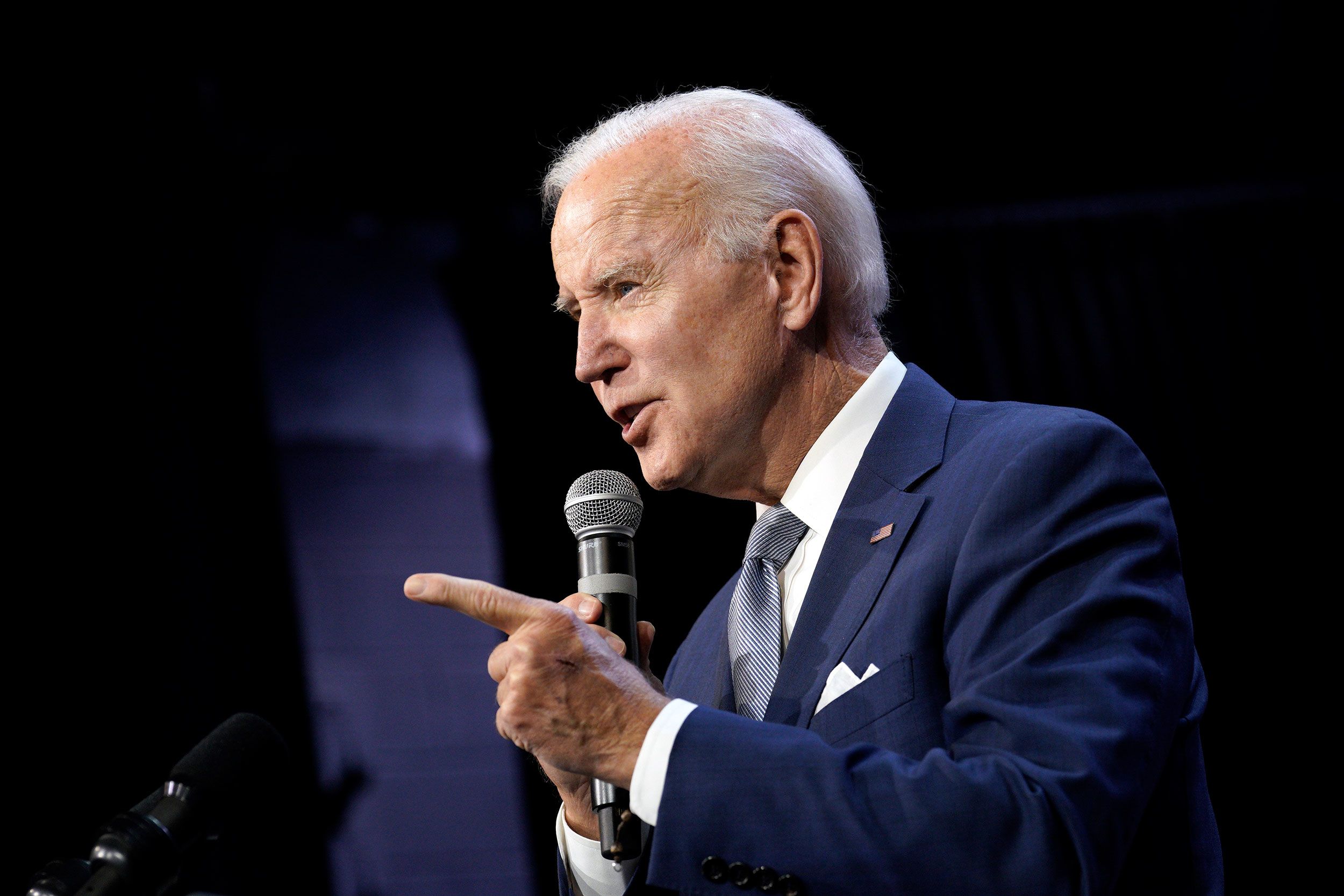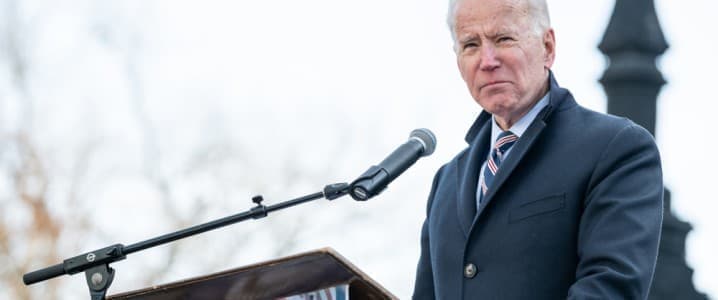The Strategic Petroleum Reserve (SPR) has long stood as a cornerstone of U.S. energy security, a bulwark against supply disruptions and price spikes in times of crisis. Established following the oil embargo of 1973–1974, which rattled global oil markets and sent prices soaring, the SPR comprises vast underground salt caverns strategically positioned along the Gulf Coast in Texas and Louisiana.
These caverns, selected for their geological stability and immense storage capacity, can collectively house hundreds of millions of barrels of crude oil, offering a crucial buffer against severe supply interruptions.
The authority to tap into the SPR rests with the President of the United States, who can authorize its release in response to energy emergencies or to fulfill international energy commitments. Yet, the definition of such emergencies has often been subject to broad interpretation, particularly during times of escalating gasoline prices, a trend accentuated during election cycles.
Upon assuming office, President Biden inherited an SPR containing 638 million barrels of crude oil. However, faced first with mounting gasoline prices and then with the geopolitical turmoil surrounding Russia’s invasion of Ukraine, the Biden administration embarked on an unprecedented drawdown of the SPR. Over the course of Biden’s initial two and a half years in office, the reserve saw a depletion of 291 million barrels, marking its lowest level since 1983.

Biden (Credits: CNN)
Critics of this aggressive drawdown argue that it jeopardizes U.S. energy security, leaving the nation vulnerable to unforeseen disruptions in the global oil market. Proponents, however, point to the United States’ ascension as the world’s leading oil producer, contending that increased domestic production has reduced reliance on imported oil—a perspective underscored by the decline in net U.S. imports.
Yet, the situation is nuanced. While the U.S. indeed produces significant quantities of oil, much of it is of a type unsuitable for domestic refineries. Consequently, the nation continues to export a substantial portion of its domestically produced oil while importing cheaper foreign varieties. Thus, a loss of oil imports, despite the decline in net imports, could still precipitate disruptions.
In response to concerns about the diminished SPR levels, the Biden administration has initiated efforts to replenish the reserve, pledging further repurchases “as market conditions allow.” However, with the specter of an impending election looming, political considerations may temper the administration’s resolve to undertake substantial replenishment efforts.
Anticipating an aversion to rising gasoline prices—a political liability for incumbents—analysts predict that any replenishment endeavors are likely to be modest at best.
Looking ahead, the impending transition to summer gasoline blends typically triggers a seasonal uptick in gasoline prices. Even token purchases of SPR oil, if ongoing, may be halted during this period to mitigate additional upward pressure on prices.
While this strategy carries inherent risks, particularly in the event of unforeseen geopolitical upheavals, its political repercussions hinge largely on market outcomes in the coming year.























